If you were moved by the powerful documentary 'Raising Resistance' (2012), which explores the struggles of small-scale farmers against industrial agriculture, you'll love these 10 similar films and shows. This article highlights thought-provoking documentaries and dramas that tackle themes of social justice, environmental activism, and grassroots resistance, offering more compelling stories of people fighting for their rights and livelihoods.
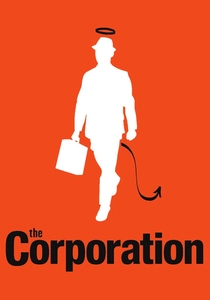
The Corporation (2003)
Description: This documentary explores the power and influence of corporations, critiquing their impact on society and the environment. It aligns with themes of resistance against corporate dominance and systemic exploitation.
Fact: The film won 26 awards internationally and is based on the book 'The Corporation: The Pathological Pursuit of Profit and Power.'
 Watch Now
Watch Now 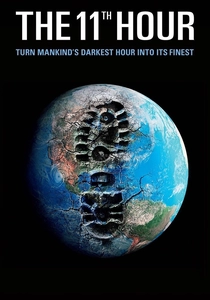
The 11th Hour (2007)
Description: This documentary addresses the global environmental crisis, featuring interviews with experts and activists. It aligns with themes of environmental resistance and the need for systemic change.
Fact: The film is narrated by Leonardo DiCaprio and was produced with the intention of raising awareness about climate change.
 Watch Now
Watch Now 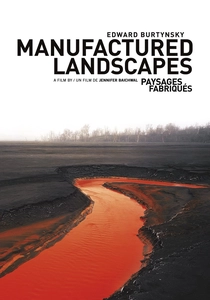
Manufactured Landscapes (2006)
Description: This documentary visually captures the impact of industrialization on the environment, emphasizing the scale of human alteration of nature. It shares a focus on environmental activism and the consequences of industrial practices.
Fact: The film features stunning large-format photography by Edward Burtynsky, highlighting landscapes transformed by human activity.
 Watch Now
Watch Now 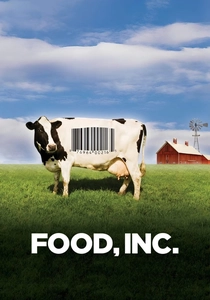
Food, Inc. (2008)
Description: This documentary critiques the industrial food system, revealing corporate control and exploitation in agriculture. It resonates with themes of resistance against large-scale industrial practices and advocating for systemic change.
Fact: The film was nominated for an Academy Award for Best Documentary Feature. It inspired many viewers to adopt more sustainable eating habits.
 Watch Now
Watch Now 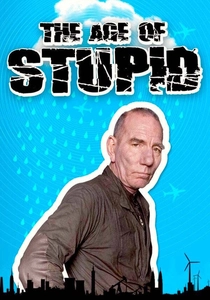
The Age of Stupid (2009)
Description: This documentary-drama hybrid explores climate change through a futuristic lens, critiquing humanity's inaction. It resonates with themes of environmental activism and resistance against complacency.
Fact: The film was crowd-funded and premiered in a solar-powered cinema in New York.
 Watch Now
Watch Now 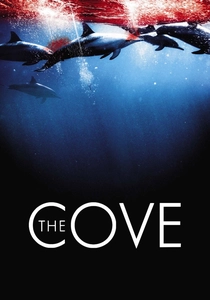
The Cove (2009)
Description: This documentary exposes the hidden and controversial practices of dolphin hunting in Japan, focusing on activism and resistance against powerful industries. It shares a theme of grassroots activism and the fight against systemic exploitation.
Fact: The film won the Academy Award for Best Documentary Feature in
 Watch Now
Watch Now 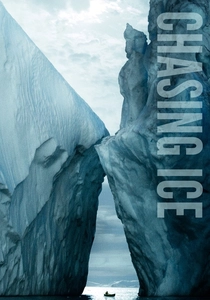
Chasing Ice (2012)
Description: This documentary visually documents the melting of glaciers due to climate change, emphasizing the urgency of environmental activism. It shares a focus on visual storytelling and resistance against environmental destruction.
Fact: The film features time-lapse photography of glaciers retreating over several years, providing undeniable evidence of climate change.
 Watch Now
Watch Now 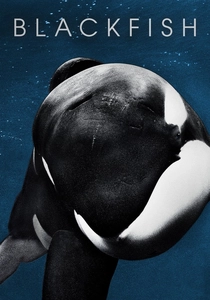
Blackfish (2013)
Description: This documentary highlights the ethical and environmental issues surrounding captive orcas in marine parks, emphasizing resistance against corporate exploitation of animals. It aligns with themes of activism and exposing hidden truths.
Fact: The film had a significant impact, leading to policy changes at SeaWorld and a decline in attendance at marine parks.
 Watch Now
Watch Now 
The True Cost (2015)
Description: This documentary examines the impact of fast fashion on workers and the environment, shedding light on resistance against exploitative labor practices. It shares a focus on activism and exposing unethical industries.
Fact: The film features interviews with workers in developing countries and has influenced ethical fashion movements worldwide.
 Watch Now
Watch Now 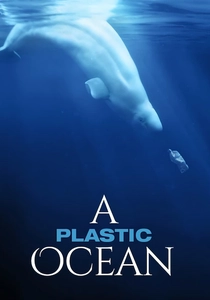
A Plastic Ocean (2016)
Description: This documentary exposes the devastating impact of plastic pollution on marine ecosystems, advocating for resistance against plastic waste. It shares a focus on environmental activism and the consequences of human actions.
Fact: The film was shot in 20 locations over four years and has been used in educational campaigns worldwide.
 Watch Now
Watch Now 








